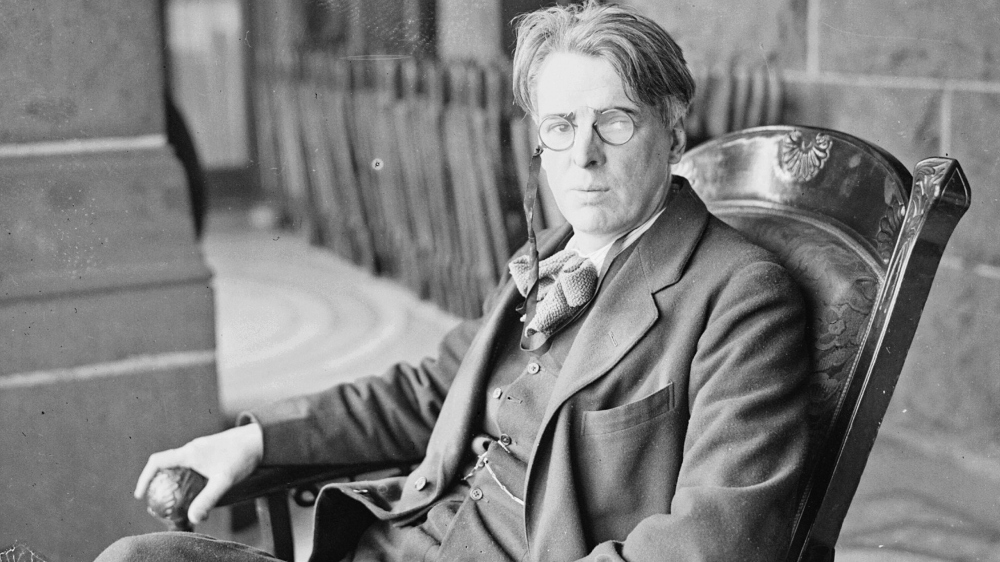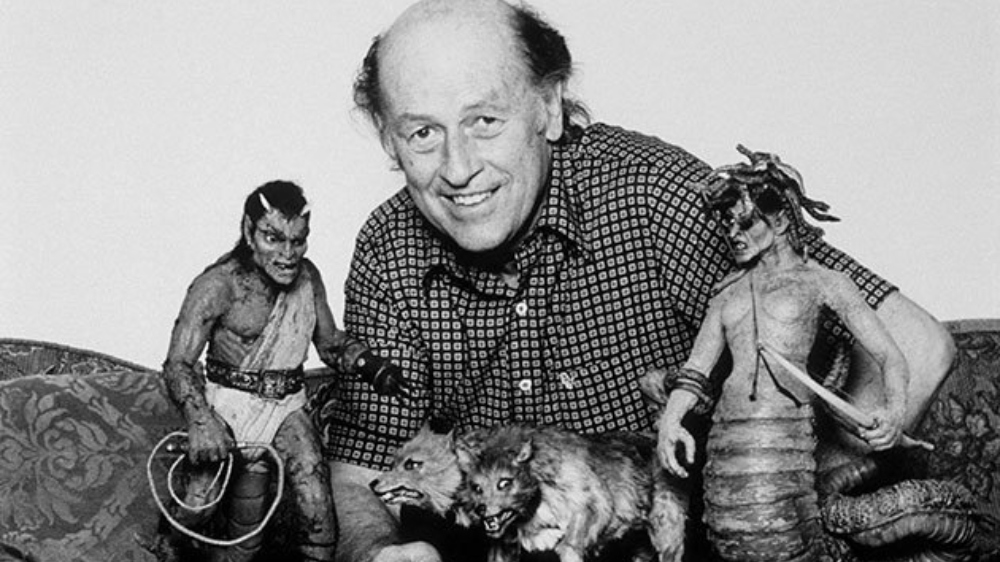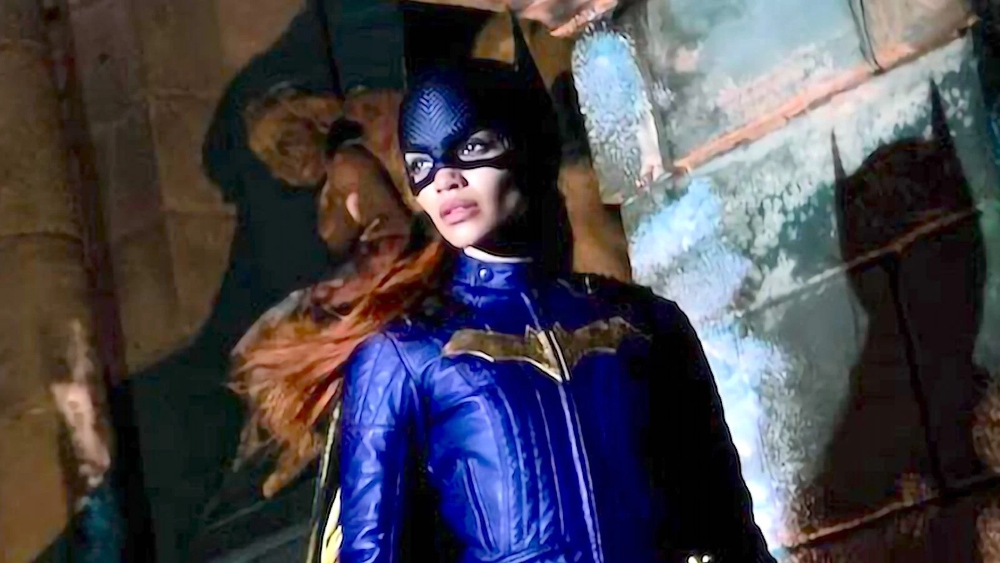As the Writers Guild meets this week to begin voting on its almost certain strike authorization, interest in whether scribes and producers can come to an accord continues to be found in widening circles — or perhaps “gyres,” if we’re thinking in William Butler Yeats, center-not-holding terms. Certainly, most of the 21st century so far warrants that perspective.
In this instance, though, we’re referring to an article from the AP that hit the “wires,” as they used to be known, heading into Easter weekend, covering some of the “why” of an impending strike. In this case, with a focus on the suddenly shrinking libraries of streamers. The piece opened by mentioning the “dozens of shows that HBO last year effectively wiped from existence for U.S. viewers,” including not only the ’80s-set immigrant drama Gordita Chronicles, but “among others: Westworld, The Time Traveler’s Wife, Minx, Mrs. Fletcher, and numerous animated and reality series.”
The AP quotes actor Diana-Maria Riva, who played the mom in Gordita Chronicles, as saying that the show’s cancellation “was already heartbreaking. But then it’s an added punch to just say, ‘Now we’re going to wipe the evidence of you ever having been here.'”

Later comes the counter-argument: “Streaming companies offer this defense: They never promised that shows would live forever,” followed up by a quote from Casey Bloys, Chairman/CEO of HBO and HBO Max, who said on a recent episode of The Watch podcast that streamers are taking a closer look at their libraries and seeing how best to profit.
“‘The idea that everything a company produces will be in one spot forever and ever, for $15 a month, for eternity, is a relatively new concept,’ Bloys said. ‘$15 a month is going to cover everything for the rest of time? It’s a nice idea, but it’s not viable.'”
While one should always apply healthy skepticism to the pronouncements of CEOs, especially given the increasingly staggering — and destabilizing — gulf between their compensation and everyone else’s, the point about work being available in perpetuity is an intriguing one, especially for writers.

There’s a whole existential/philosophical — perhaps even theological or spiritual (hey, we are coming off a week of Passover seders, family gatherings, fertility bunnies, and resurrection celebrations — nevermind the Ramadan fasting) aspect to why “art” is made in the first place. Is it just a cool job compared to most others that aren’t nearly as spiritually nourishing? Is it a panicked stab at making something more permanent to outlast us during our evanescent lives?
Maybe. But for the purposes of this dispatch, your friendly neighborhood columnist will uncloak a bit, in the Star Trek vernacular, to reference his own life as a novelist.
This was as a writer of books for young readers, in the range called variously, by publishers, “middle grade” or “YA,” depending on how old readers were when they picked it up. Initially, there was a time travel series that was fairly well reviewed, even optioned, with fluctuating sales (though not bad in “book from publishing mini-major” terms). Ultimately, the championing editor left the publisher in question — like a producer who made a show come to life leaving the lot — and the culminating book in the series languished, waiting to be brought to market. And was ultimately shelved, during another period of economic retrenchment, and corporate overreaction making that retrenchment harder on everyone.
The decision didn’t even make fiscal sense, given what was already invested, contractually and otherwise, but given the vagaries of publishing — which have only grown more pronounced in an age of fewer publishing houses (many owned by the same corporate entertainment entities now negotiating with the WGA) and more digits — it wasn’t exactly a surprise.

Previously, before the idea of an evergreen “IP” became the go-to safe harbor in entertainment, there was always the risk that your film, TV show, book, or comic might actually… vanish. This is not to say that was by any means “better,” but there was no expectation that one’s work would automatically, ipso facto, be permanently available.
Many great books are, of course. Thankfully so. And many great books are not (or certainly, not easily found). But being “out of print” was always part of the gig — the risk, anyway, of being a book writer. Maybe if you hit the lotto with a subsequent book, early work could be brought back into print. Or you’d have new fans that would seek them out at used bookstores, library sales, etc.
But as an author, you never made any money on the physical vending of old, out-of-print stuff. Not unless you were selling your own copies at a convention or something.
But film and TV are, by definition, larger pies with lots of co-creators — the writers, of course, along with the performers, directors, and any of the non-residualized craft workers, from DPs, editors, mixers, and production designers to VFX supes and everyone else (a column for another day, perhaps, but there’s a reason someone like Ray Harryhausen becomes a producer, too).

Movies that might have otherwise vanished (and there have still been significant losses), were able to benefit with the advent of increasingly new “platforms” — for example, TV airings helped fill programming time, as did “reruns” of the TV shows themselves. Then came syndication — for shows that lasted long enough. Then, for both movies and major TV series, there was VHS, cable, and DVD. And the infinity of the internet.
And now, of course, there is more available than ever before, but the existential question is — how much can all of it be, as they say, “monetized” in perpetuity? Can it be lucrative forevermore? Is there always a new audience, or historical moment, to make it so? And if that’s the expectation going in, what kind of a storytelling system, or in this case, story-making does that perpetuate — or any other kind of art, for that matter?
Which is — again, to be clear — not to excuse any callous cancellations or shelvings on the part of the companies that took on someone’s creative labor in good faith, such was the case with Batgirl. Nor is it to excuse corporate entities that take advantage of today’s “infinite catalog” to whittle down wages and compensation wherever they can.
In contrast, on the book side, even if one’s own prose went “out of print,” that meant that sooner or later, all rights would revert to the author, and they would be free to bring it out again some way, if they could, or sell it to another publisher (or now simply make a back catalog available as ebooks, which is where my aforementioned time travel series resides).

Given the complexity of show and filmmaking, such “reversion,” if the original studio decides to officially vanish the work down the corporate memory hole, is nigh well impossible. Perhaps it shouldn’t be. (Though one can imagine that one group finding perpetually lucrative work in this scenario might be entertainment lawyers.)
Then again, some shows have been known to switch networks, just as films find alternate distributors, etc. These just tend to be the exceptions.
Whether globalization and AI will actually help art (the storytelling wing of it, anyway) become more vital is — to put it generously — a very open question. As is the notion of whether an audience is best served by international media conglomerates whose only interest is in padding their bottom lines and creating profits for shareholders rather than making that an incidental benefit that comes from doing a thing well and honoring both those whose work created that thing (i.e. the workers) and those who bought that thing (i.e. the customer/audience).
Meanwhile, looking at the bookshelf in front of me as I write this, maybe a third to a half of those volumes are now out of print or hard to find. Some were written before I was born. One was written by an award-winning playwright of my acquaintance — others by colleagues from my own YA author days whose books either didn’t survive their publisher being bought up, never had the marketing they deserved, or simply had different lucks of the draw. But then again, making art has always been fraught. And in being fraught, artists were more free to be dangerous. And in being dangerous, it is art itself that could, perhaps, be the thing that shakes us out of our collective stupors, thereby becoming more necessary in the process.
 Mark London Williams is a BTL alum who currently covers Hollywood and its contents and discontents in his recurring “Across the Pond” dispatch for British Cinematographer magazine, contributes to other showbiz and production-minded sites, and musters out the occasional zombie, pandemic-themed, or demon-tinged book and script, causing an increased blurring in terms of what still feels like “fiction.”
Mark London Williams is a BTL alum who currently covers Hollywood and its contents and discontents in his recurring “Across the Pond” dispatch for British Cinematographer magazine, contributes to other showbiz and production-minded sites, and musters out the occasional zombie, pandemic-themed, or demon-tinged book and script, causing an increased blurring in terms of what still feels like “fiction.”
Mark’s Union Roundup column will appear regularly, and he welcomes both tips and feedback at [email protected]. He can also be found on Twitter @TricksterInk.





